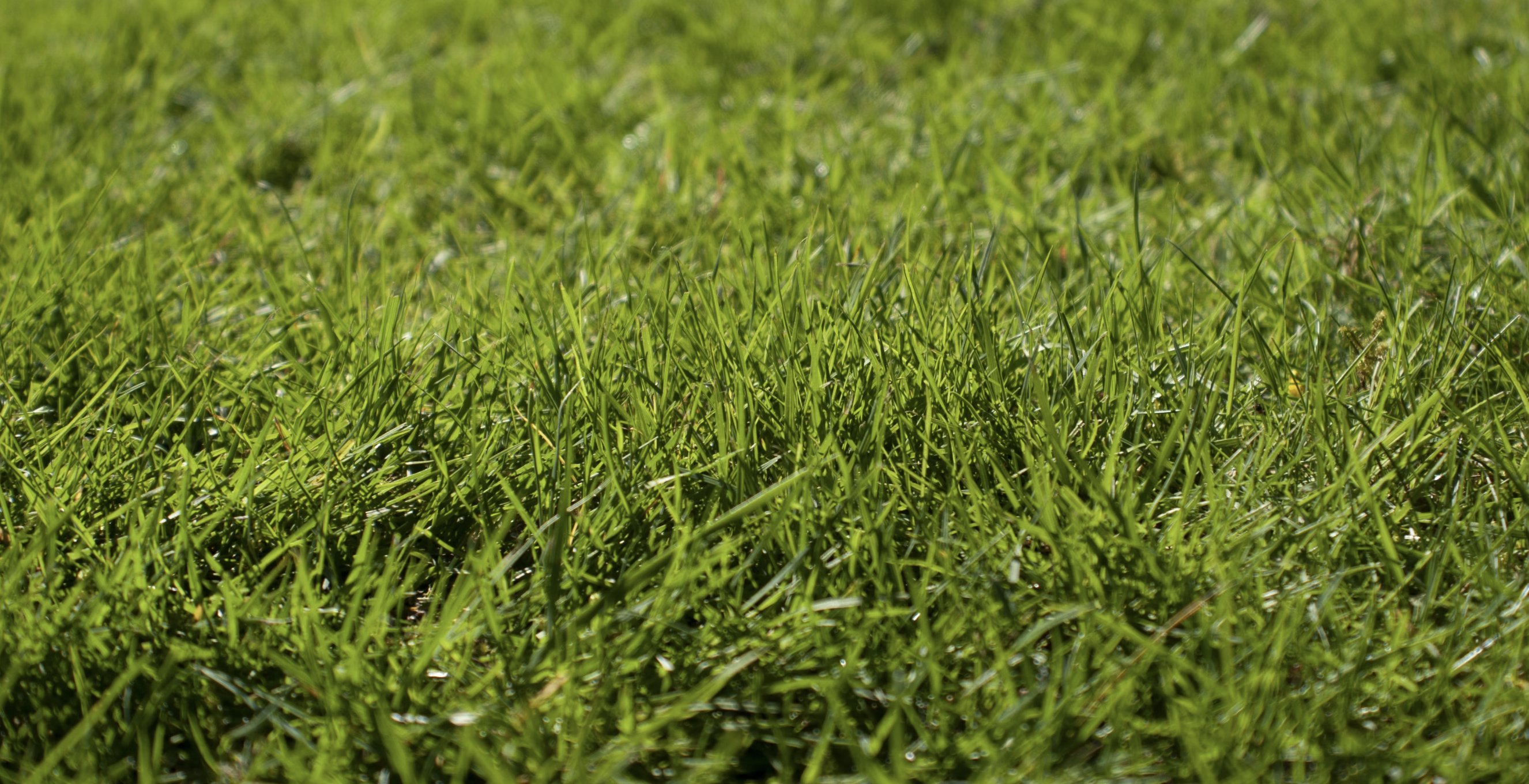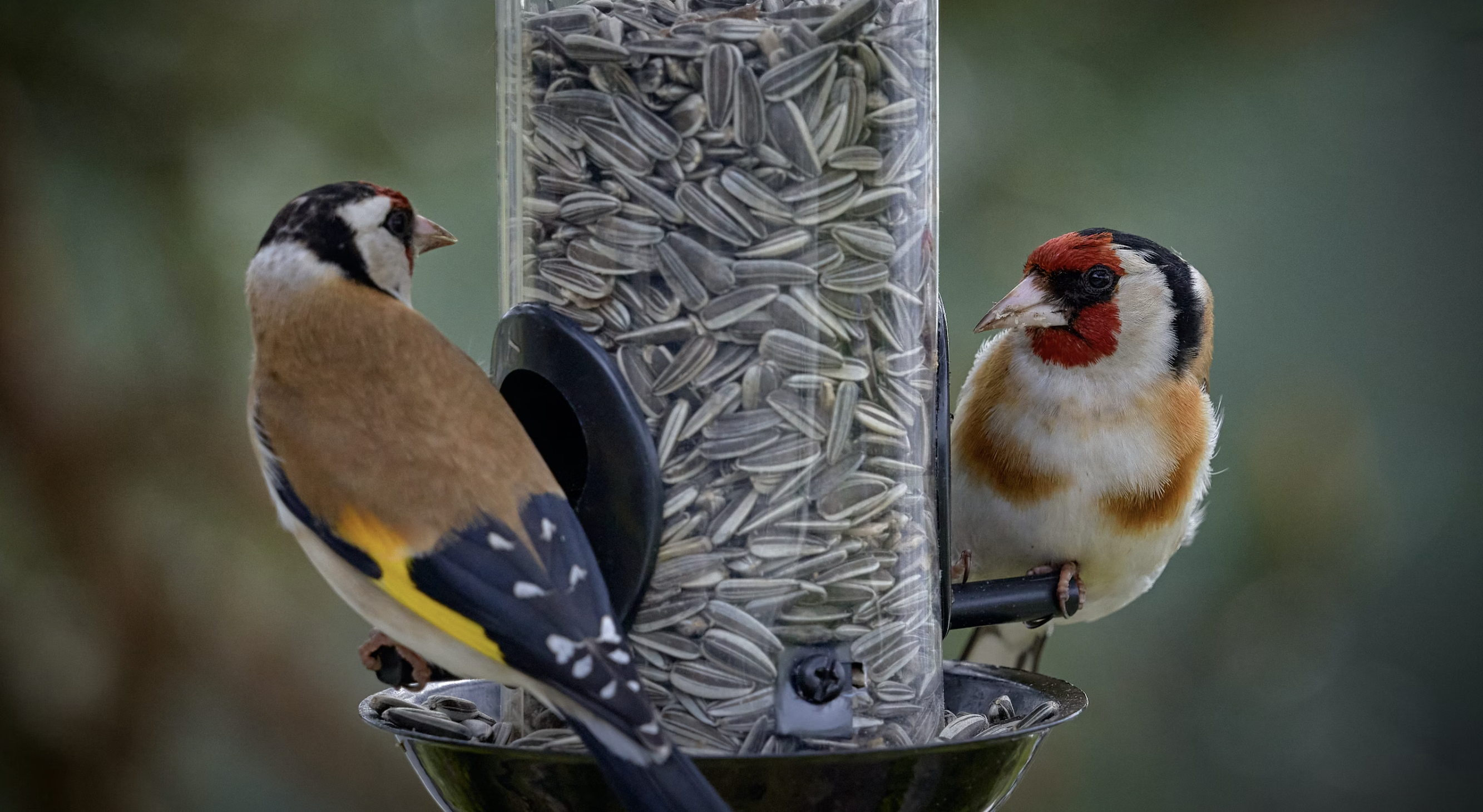
Are you tired of looking at your dull and patchy lawn? Do you dream of having a lush, green carpet-like lawn that enhances the beauty of your home? If so, choosing the right grass seed is the first step towards achieving that dream. But with so many options available in the market, how do you know which one is the best for your lawn?
In this article, we will share 10 tips to help you select the best grass seed for a lush green lawn. From considering your climate and soil type to understanding the different seed varieties and their characteristics, we will guide you through the process of finding the perfect match for your specific needs.
Whether you are starting from scratch or overseeding an existing lawn, these tips will ensure that your grass seed choice sets the foundation for a healthy and vibrant lawn that you can be proud of. So, let's dive in and discover how you can turn your lawn into a stunning showcase of green beauty.
Factors to consider when choosing grass seed
A beautiful lawn starts with choosing the right grass seed. The right seed can make all the difference in achieving a lush, green lawn that is the envy of the neighborhood. By selecting a high-quality grass seed that is suited to your specific needs and conditions, you can ensure that your lawn thrives and remains healthy in the long run.
Choosing the wrong grass seed can lead to a variety of problems, such as poor growth, weed invasion, disease susceptibility, and patchy areas. It is important to understand that not all grass seeds are created equal. Each seed variety has its own characteristics and requirements, and selecting the right one is crucial for a successful lawn establishment or renovation.
Understanding the different types of grass seed
When it comes to selecting the best grass seed for your lawn, there are several factors that you need to consider. These factors will help you narrow down your options and choose a seed variety that is most suitable for your specific needs and conditions.
1. Climate: The climate of your region plays a significant role in determining the type of grass seed that will thrive in your lawn. Different grass species have different temperature and moisture requirements. Consider the average annual temperature, rainfall, and frost frequency in your area to determine which grass species will perform best.
2. Soil type: The type of soil in your lawn also affects the success of your grass seed. Some grass species prefer sandy soil, while others thrive in clay or loamy soil. Conduct a soil test to determine the pH level, nutrient content, and drainage characteristics of your soil. This will help you choose a grass seed variety that is well-suited to your soil type.
3. Sun exposure: The amount of sunlight your lawn receives is another important factor to consider. Some grass species require full sun, while others can tolerate shade. Evaluate the sun exposure in your lawn throughout the day to determine whether you need a sun-loving or shade-tolerant grass seed.
Climate considerations for grass seed selection
Grass seeds can be categorized into two main types: cool-season grasses and warm-season grasses. Each type has its own unique characteristics and growth habits.
1. Cool-season grasses: Cool-season grasses thrive in regions with cold winters and moderate summers. These grasses grow actively in spring and fall when temperatures are cooler. Some common cool-season grasses include Kentucky bluegrass, perennial ryegrass, and tall fescue. Cool-season grasses are known for their ability to withstand foot traffic and recover quickly from damage.
2. Warm-season grasses: Warm-season grasses are well-suited to regions with hot summers and mild winters. These grasses grow actively in the summer months and go dormant in the winter. Some popular warm-season grasses include Bermuda grass, Zoysia grass, and St. Augustine grass. Warm-season grasses are known for their heat and drought tolerance.
It is important to choose a grass seed variety that is adapted to your climate and meets your specific lawn requirements. Cool-season grasses are typically used in northern regions, while warm-season grasses are more suitable for southern regions.
Assessing your lawn's needs and conditions
Selecting a grass seed variety that is well-suited to your climate is crucial for a successful lawn. Different grass species have different temperature and moisture requirements, and choosing the wrong one can lead to poor growth and a lackluster lawn.
1. Temperature requirements: Consider the average annual temperature in your region when selecting a grass seed. Cool-season grasses thrive in regions with cold winters and moderate summers, while warm-season grasses are better suited to regions with hot summers and mild winters.
2. Moisture requirements: Some grass species are more drought-tolerant than others. If you live in an area with limited rainfall or have watering restrictions, choose a grass seed variety that is known for its drought tolerance. On the other hand, if you live in a region with abundant rainfall, you can select a grass seed variety that requires more moisture.
3. Frost tolerance: If you live in an area with freezing temperatures, choose a grass seed variety that is frost-tolerant. Some grass species can withstand frost and continue to grow even in colder temperatures.
By considering these climate factors, you can ensure that the grass seed you choose is well-adapted to your region and will thrive in your lawn.
Researching reputable grass seed brands
Before selecting a grass seed variety, it is important to assess your lawn's needs and conditions. By understanding your lawn's unique requirements, you can choose a grass seed that is tailored to its specific needs.
1. Traffic: Consider the amount of foot traffic your lawn receives. If you have kids or pets who frequently play in the yard, choose a grass seed variety that is known for its durability and ability to withstand heavy use.
2. Shade: Evaluate the amount of shade in your lawn. If your lawn is mostly shaded, choose a grass seed variety that is shade-tolerant. Some grass species, such as fine fescue and creeping red fescue, are well-suited to shady areas.
3. Disease resistance: Some grass species are more resistant to diseases than others. If your lawn is prone to diseases, choose a grass seed variety that is known for its disease resistance. This will help ensure that your lawn remains healthy and disease-free.
By assessing your lawn's needs and conditions, you can select a grass seed variety that is best suited to its specific requirements.
Reading grass seed labels and specifications
When it comes to choosing the best grass seed for your lawn, it is important to research reputable brands. Not all grass seeds are created equal, and selecting a high-quality seed is crucial for a successful lawn establishment or renovation.
1. Read reviews: Look for online reviews and testimonials from other homeowners who have used the grass seed brand you are considering. This will give you an idea of the quality and performance of the seed.
2. Ask for recommendations: Seek recommendations from friends, family, or neighbors who have successfully established a lush green lawn. They can provide valuable insights and recommendations based on their own experiences.
3. Consult lawn care professionals: If you are unsure about which grass seed brand to choose, consider consulting a lawn care professional. They have the knowledge and expertise to recommend the best grass seed for your specific needs and conditions.
By researching reputable grass seed brands, you can ensure that you are investing in a high-quality product that will give you the best results.
Seeking recommendations from lawn care professionals
When selecting a grass seed variety, it is important to read the labels and specifications on the seed packaging. This will provide you with valuable information about the seed's characteristics, requirements, and performance.
1. Seed variety: The label should clearly state the grass seed variety. Make sure you choose a variety that is suited to your specific needs and conditions.
2. Germination rate: Check the germination rate on the label. This indicates the percentage of seeds that are expected to germinate under ideal conditions. A higher germination rate ensures better establishment and coverage.
3. Pure seed percentage: The label should also indicate the percentage of pure seed. This refers to the amount of seed that is free from weed seeds, inert matter, and other impurities. A higher pure seed percentage ensures better quality and performance.
4. Seed blend or mixture: Some grass seed packages contain a blend or mixture of different grass varieties. Make sure you understand the composition of the seed blend and choose one that meets your specific requirements.
By reading the labels and specifications, you can make an informed decision and choose a grass seed variety that is best suited to your lawn.
Considering cost and budget for grass seed
If you are unsure about which grass seed variety to choose, consider seeking recommendations from lawn care professionals. They have the knowledge and expertise to assess your lawn's specific needs and conditions and recommend the best grass seed for optimal results.
1. Local nurseries and garden centers: Visit your local nurseries and garden centers and ask for recommendations. The staff can provide valuable insights and recommendations based on their knowledge of the local climate and conditions.
2. Lawn care companies: Consult with lawn care companies in your area. They can assess your lawn's needs and conditions and recommend the best grass seed variety for your specific requirements.
3. Cooperative Extension offices: Contact your local Cooperative Extension office for expert advice on grass seed selection. They can provide information on recommended grass species and varieties for your region.
By seeking recommendations from lawn care professionals, you can ensure that you are choosing the best grass seed for your lawn's specific needs and conditions.
Properly planting and caring for your grass seed.
Cost is an important factor to consider when choosing the best grass seed for your lawn. Grass seed prices can vary depending on the variety, brand, and quantity. It is important to consider your budget and choose a grass seed that offers the best value for money.
1. Price per pound: Compare the prices of different grass seed brands on a per-pound basis. This will help you determine which brand offers the best value for money.
2. Seed coverage: Consider the coverage area of the grass seed. Some seed packages provide coverage information, which can help you estimate the quantity of seed required for your lawn.
3. Quality and performance: While cost is important, it is equally important to consider the quality and performance of the grass seed. Investing in a high-quality seed may require a slightly higher upfront cost but can save you money in the long run by ensuring better establishment and long-term performance.
By considering cost and budget, you can choose a grass seed that meets your specific requirements without breaking the bank.















